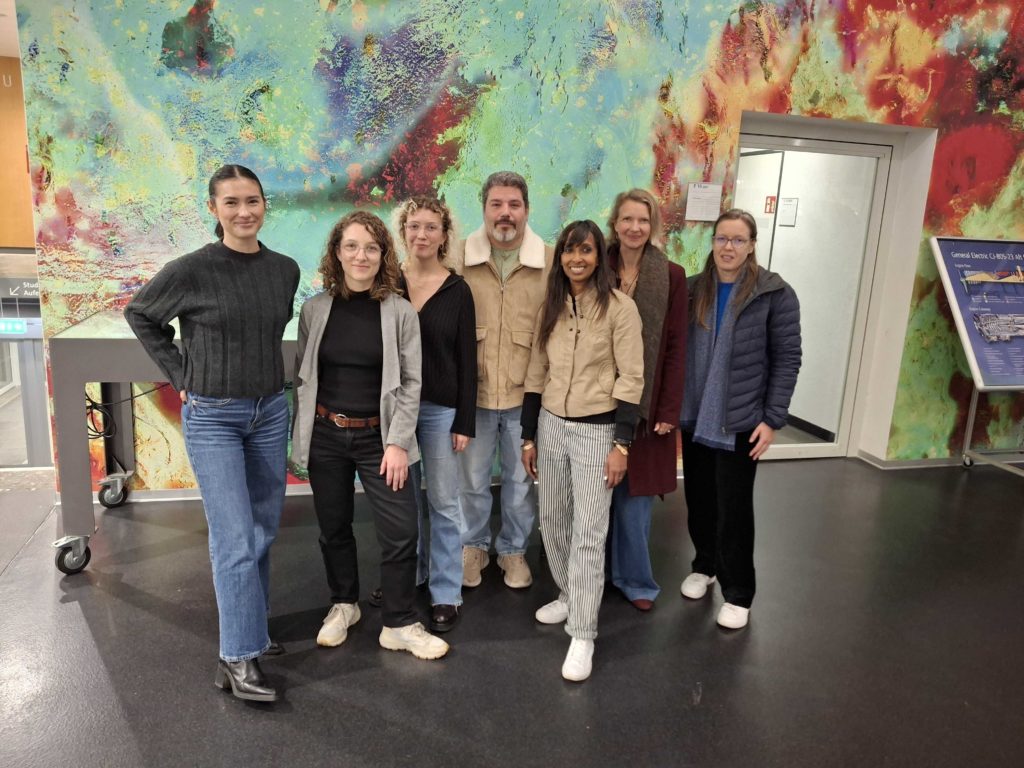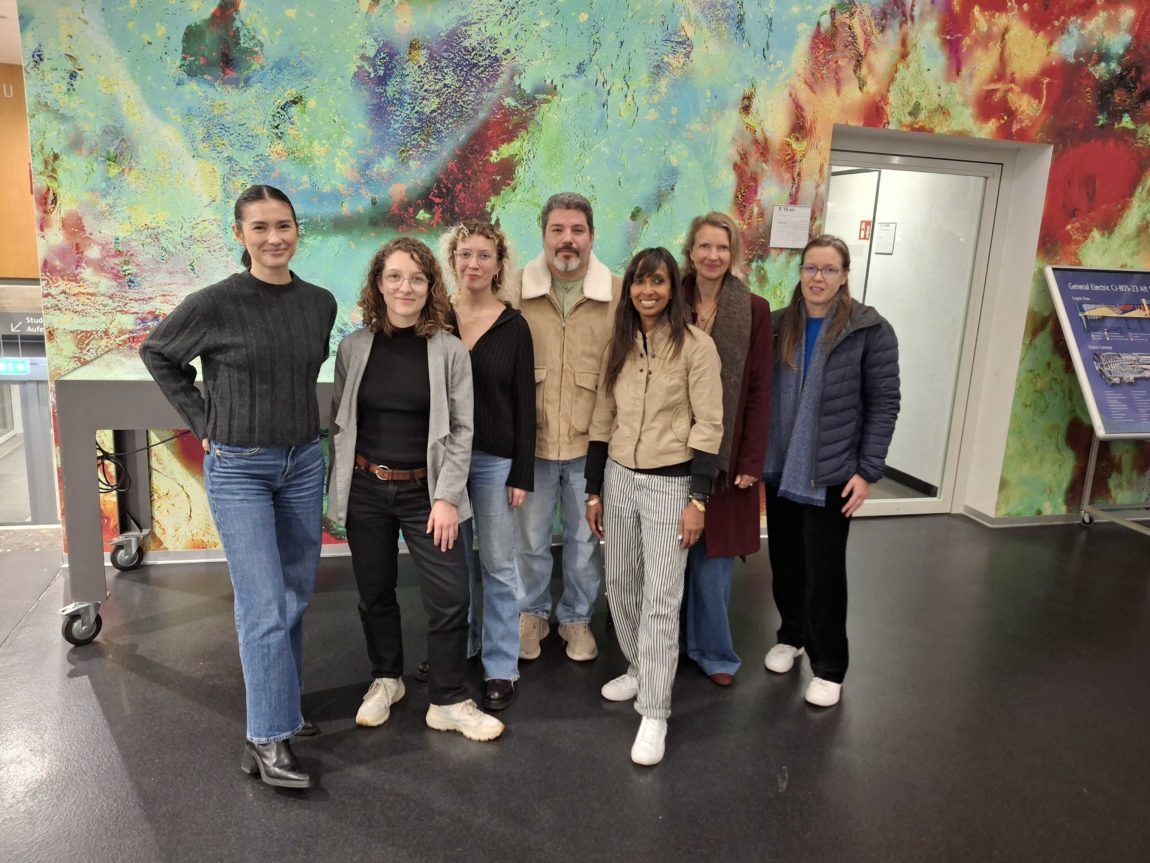How do Switzerland and Swiss universities extend hospitality to refugee academics? On Monday 10 November, this was the question fuelling a conversation at the ETH in Zurich. The event was organised by ETH Diversity, with participation also from SEET, the Immigration Policy Lab and WIDE Group D-GESS.

The ETH Diversity Office has a wide brief, involved in national and international networks that promote equal opportunities, diversity and inclusion; support the career development of women in academia; promote the integration of gender-specific aspects in research and teaching; and is committed to ensuring all members of ETH Zurich enjoy studying, researching and working successfully; regardless of factors such as origin, race, gender, age, language, social status, lifestyle, religious, ideological or political beliefs, sexual orientation and gender identity, physical and mental disability, or professional status.
ETH Diversity Project Manager Loren Schaad opened the proceedings before introducing the first speaker. Kristina Schüpbach is an economist and doctoral researcher at the KOF Swiss Economic Institute at ETH Zurich. Her research focuses on labour economics and social inequalities, with a particular interest in discrimination in the labour market.
Over the course of a comprehensive thirty-minute presentation, Kristina shared insights from her team’s research on discrimination in the hiring process in Switzerland, how ethnicity or nationality influences job opportunities, how such discrimination can be measured, and what the findings reveal about the Swiss labour market.
Kristina began by highlighting the work prospects and labour integration situation encountered on arrival in Switzerland. Citing research outlining how only 1 in 10 refugees are employed within the first twelve months of living in their new country, there were myriad reasons behind this ‘slow’ integration.
A lack of appropriate language skills, qualifications from countries of origin not recognised in Switzerland, health issues and trauma, as well as a poor comprehension of the Swiss labour market were all outlined as influential factors. Likewise, legal barriers based on Immigration Policy – where the distribution of refugees across Swiss cantons does not correlate to labour market opportunities and other legislative hurdles – despite some marked progress over the last two decades – explained why refugees historically integrate less successfully.
Kristina’s presentation also shone the spotlight on the harsh reality of discrimination often faced by refugees, and the importance for refugees to find support to help them navigate the complexities of the Swiss education system and labour market.
This provided the perfect segue for Kristina to pass the microphone to Dr. Krishna Bharathi. Krishna is a practicing architect and social scientist with expertise in knowledge transfer and processes of group decision-making. She has worked in a variety of teaching, research, and management roles in North America and Europe. Krishna is also a volunteer member and mentor in the SEET programme.
By introducing the SEET study support programme, Krishna outlined opportunities for participation, in particular as a mentor, assisting refugees looking to (re)start their studies in Switzerland.
Whilst many academic institutions in Switzerland partner on different ‘Bridge Programmes’ for refugees, Krishna outlined the growth of the SEET programme, with the number of mentee-mentor tandem partnerships rising from 3 in 2018-2019; 7 in 2020; 10 in 2021; 13 in 2022; 18 in 2023; and 33 in 2024.
Currently, the SEET programme is supporting 29 mentees (from Afghanistan, Eritrea, Georgia, IR Iran, Sudan, Syria, Turkey and Ukraine), together with 25 mentors on a journey together as the 2025/26 cohort. Another 10 program participants are also benefiting from the programme without a mentor, some of whom are in their second year.
Although the current SEET programme cycle is not due to conclude until Spring 2026, the recruitment of mentors and mentees for 2026/2027 will commence in the early part of next year.
If you’d like to know more about SEET or if you’d like to support us as a partner, subscribe to our newsletter and follow us on LinkedIn, Instagram and Facebook.

